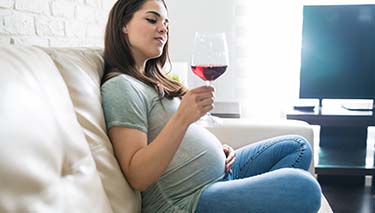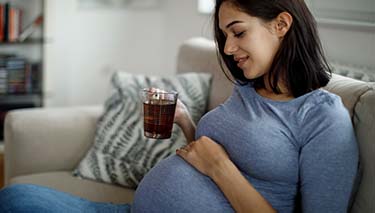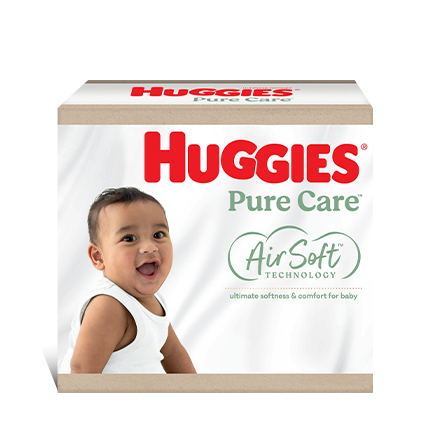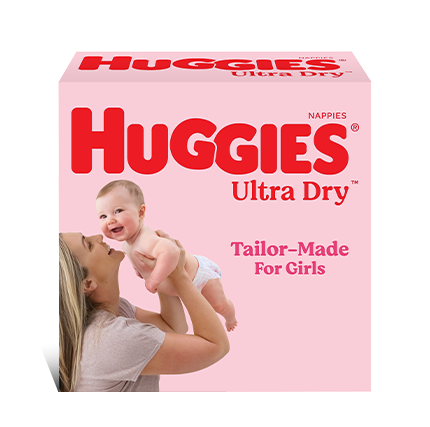During pregnancy there are various reasons to be extra careful about what you eat it is important to know which foods are safe and which ones you need to avoid. Some foods contain toxins or bacteria which could cause you to become ill and for your baby to develop complications. Make sure most foods you eat are well cooked and when choosing a recipe, be selective about the ingredients. It is important to do what you can to protect yourself and your baby during pregnancy.
Another important point to remember when selecting what to eat is the nutritional value of the food you are eating. Getting enough nutrients in your daily diet while pregnant such as folic acid, iron, calcium, vitamin C and vitamin A are important to support your baby's current and long-term growth and development.
There are a range of foods which need to be avoided during pregnancy. Most maternity care providers will advise pregnant women not to eat certain types of fish, raw meats, raw eggs, soft cheeses, sprouts, pate, unwashed vegetables. Other foods which are best avoided are included below.
Eating risky foods before knowing you are pregnant
Many women worry that they may have eaten foods best avoided, before they found out they were pregnant. Common foods in this category are sushi, cold meats, salads and rare (raw or partially cooked) meats. During the first trimester, the foetus is protected by complex mechanisms in the mother's body as well as the placenta. Speak with your maternity care provider if you are concerned. And once your pregnancy is confirmed, avoid eating foods which may pose a risk to you and/or your developing baby.
Fish
Certain fish (such as shark, marlin, southern blue fin tuna, orange roughy and swordfish) contain high amounts of mercury that is accumulated in their fatty tissue pregnant women need to avoid eating large amounts. Generally, fish which are predatory and are higher in the food chain contain higher levels of mercury. Your growing baby has a sensitive developing nervous system. While it is not clear how much seafood is safe to eat during pregnancy, it is safer to avoid these types if possible. Also avoid altogether raw or undercooked seafood, such as oysters and sushi.
Raw eggs
Perhaps the thought of raw eggs never crossed your mind, though some recipes include raw, or undercooked egg which can be a source of salmonella. Foods that contain raw egg include mayonnaise, caesar salads, eggnog, hollandaise and raw cake and biscuit mix, as well as lightly scrambled and poached eggs. To reduce the risk of salmonella, remember to cook eggs thoroughly before eating them alone or in other foods. Always wash free range eggs before using them.
Raw chicken
Raw chicken should always be avoided in the diet, but especially during pregnancy. Eating or coming into contact with surfaces that have had raw chicken prepared on them can also transmit salmonella. Even cold chicken as leftovers needs to be reheated so it's very hot or even recooked to destroy any traces of salmonella.
Raw meat
Whether it is a rare steak, or an uncooked meat dish, raw or undercooked meat poses a particular risk. Raw meat should be avoided during pregnancy as it can cause a parasitic disease called toxoplasmosis or E. Coli infection. This can result in a potential intrauterine foetal infection, miscarriage or stillbirth. Other dangers that may result from eating raw meat are coliform bacteria and salmonella.
Soft Cheeses
Soft cheese such as blue cheese, feta, brie, camembert, cottage, ricotta, Latin-American soft white cheeses and any unpasteurised milk or foods made from unpasteurised milk should be avoided during pregnancy as they may contain the bacteria, Listeria and lead to a disease called Listeriosis. An infection from this bacterium is very harmful to a baby during pregnancy and needs to be avoided. While adults with Listeria quite often show no symptoms, it can cause life-threatening complications to a foetus or newborn baby. Listeriosis has been known to cause miscarriage, premature births and blood poisoning.
It is also important to avoid eating or drinking foods which are unpasteurised. This includes milk, cream and all dairy foods. Only drink milk which has been pasteurised so it is safe for consumption. Pasteurisation is a form of heat treatment which helps to kill pathogens. Check the labels on any milk and dairy foods you buy to make sure it is safe. Only buy your milk and dairy foods from supermarkets and outlets where there is a continual turn over of fresh stock and products are stored at safe temperatures.
Unwashed fruit and vegetables
After buying fruit and vegetables, make sure you wash them very carefully. Unwashed vegetables have the potential to transmit toxoplasmosis a parasite that contaminates the soil. Also, any mouldy fruit and vegetables should be avoided altogether.
Other foods to avoid when pregnant
Apart from avoiding the foods listed above during pregnancy, women should avoid eating raw sprouts as these have led to some incidents of salmonella outbreaks. Soft serve ice cream and a range of deli foods, such as deli meats can also contain Listeria, so it is important to avoid or if possible, to minimise contact with this harmful bacteria. Research recommends pregnant women eat a healthy, nourishing and balanced diet with a wide variety of fresh and nutritious foods. Where there are allergies, sensitivities or foods are considered unsafe, avoidance is recommended.
Cold deli style meats are also considered risky to eat when pregnant. These include kabana, wursts, salami, devon meats, ham, pates and other meat spreads.
Food additives
Many foods contain additives and preservatives. Read food labels and try to limit your intake of processed, pre-packaged foods and junk foods.
Sugar
Avoid eating foods which are high in sugar and simple carbohydrates. A diet high in sugar during pregnancy can increase the risk of weight gain and gestational diabetes. The research around artificial sweeteners is constantly evolving. Although they appear to be safe in foods where they are approved for use, they don t serve any nutritional benefit. Ideally, avoid food and drinks which contain artificial sweeteners.
Vitamins
Pregnant women need to make sure they are eating different amounts of vitamins to support the growth of the foetus. Pregnancy causes a woman's body to experience a range of hormonal changes, this adds a lot of strain to the body. Your maternity care provider will be able to advise you about nutritional supplements.
Keeping the right things in mind
Foods to avoid when pregnant are actually quite varied, so it is important that you keep a comprehensive list in your head of the foods you should avoid to support your baby's healthy growth and development. Aim to eat a nutritious, balanced diet and avoid dieting extremes. Speak with your maternity care provider if you have any individual queries about keeping your weight gain within a healthy range.
Another important issue to think about if you are eating out is to try and make sure the food is served steaming hot and not lukewarm nor cold. Also try and avoid too much fast food as they can be high in sugars and saturated fats.
Caffeine
It's best to limit your intake of caffeine. Read more about caffeine intake during pregnancy.
No alcohol
There is no safe level of alcohol consumption during pregnancy, so remove it altogether (it's only for a short while). Alcohol consumption during pregnancy has been connected with a range of developmental and growth disorders for babies. It also stops the absorption of folic acid and iron and reduces the calcium in your bones.
Remember
Try not to worry about your changing appetite, just take into account the above foods to avoid and try to gain weight at the recommended rate which your doctor or maternity care provider will monitor.
Edited and reviewed by Jane Barry, Midwife and Child Health Nurse July 2021.
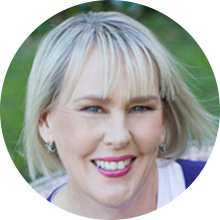

Last Published* May, 2024
*Please note that the published date may not be the same as the date that the content was created and that information above may have changed since.


